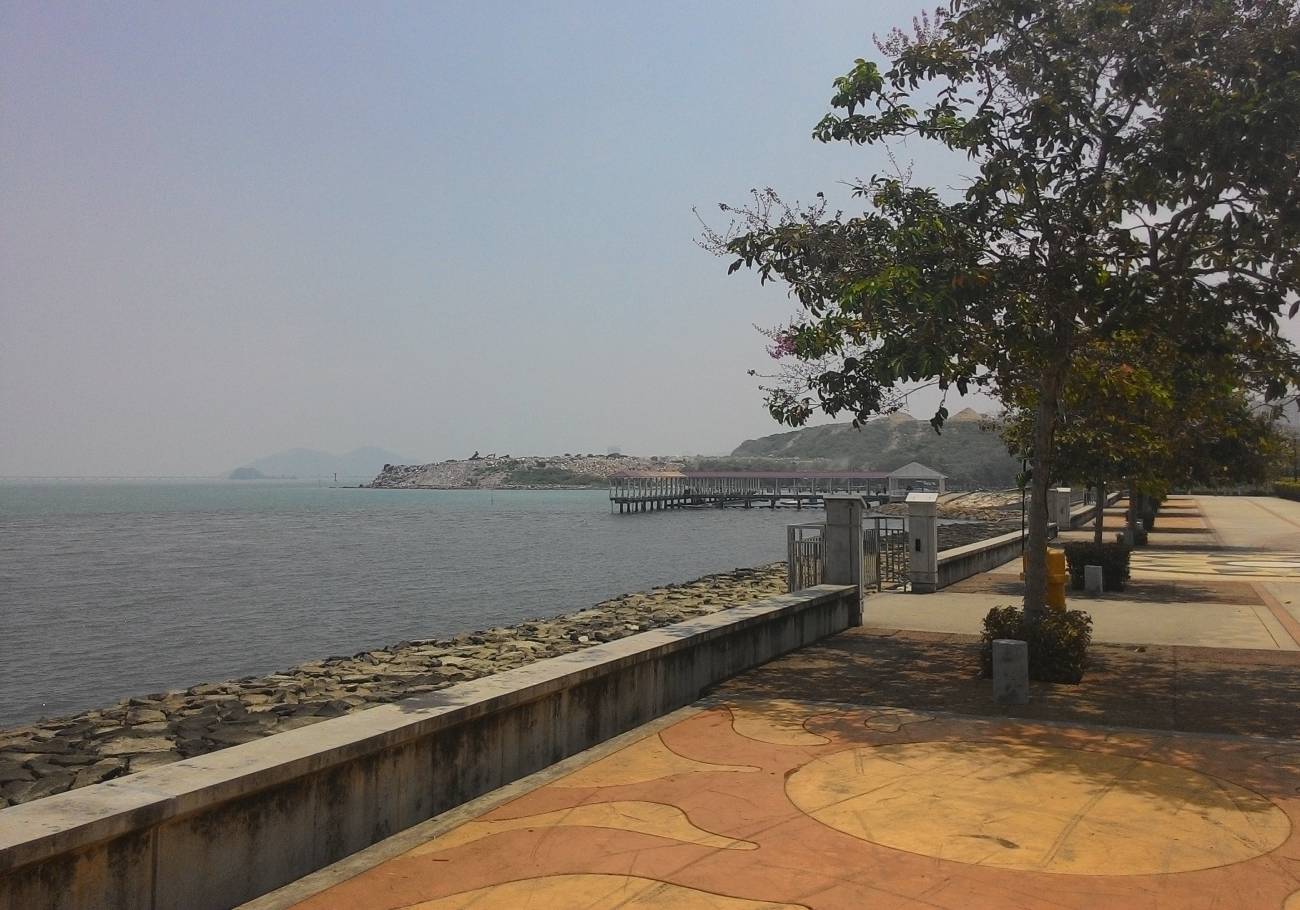
Jelutong faces a contentious 70-acre sea reclamation proposal, prompting the Protect Karpal Singh Drive Action Committee (ProtectKarpal) to urge Prime Minister Dato’ Seri Anwar Ibrahim and Penang Chief Minister Chow Kon Yeow to reject it outright.
The plan, linked to the rehabilitation of the 90-acre Jelutong landfill, raises alarms over environmental damage, public health risks, and foreign influence, threatening the area’s coastal heritage and community well-being.
ProtectKarpal, representing local residents, argues that in-situ rehabilitation within the existing landfill footprint offers a safer, sustainable alternative.
Jelutong reclamation sparks outcry
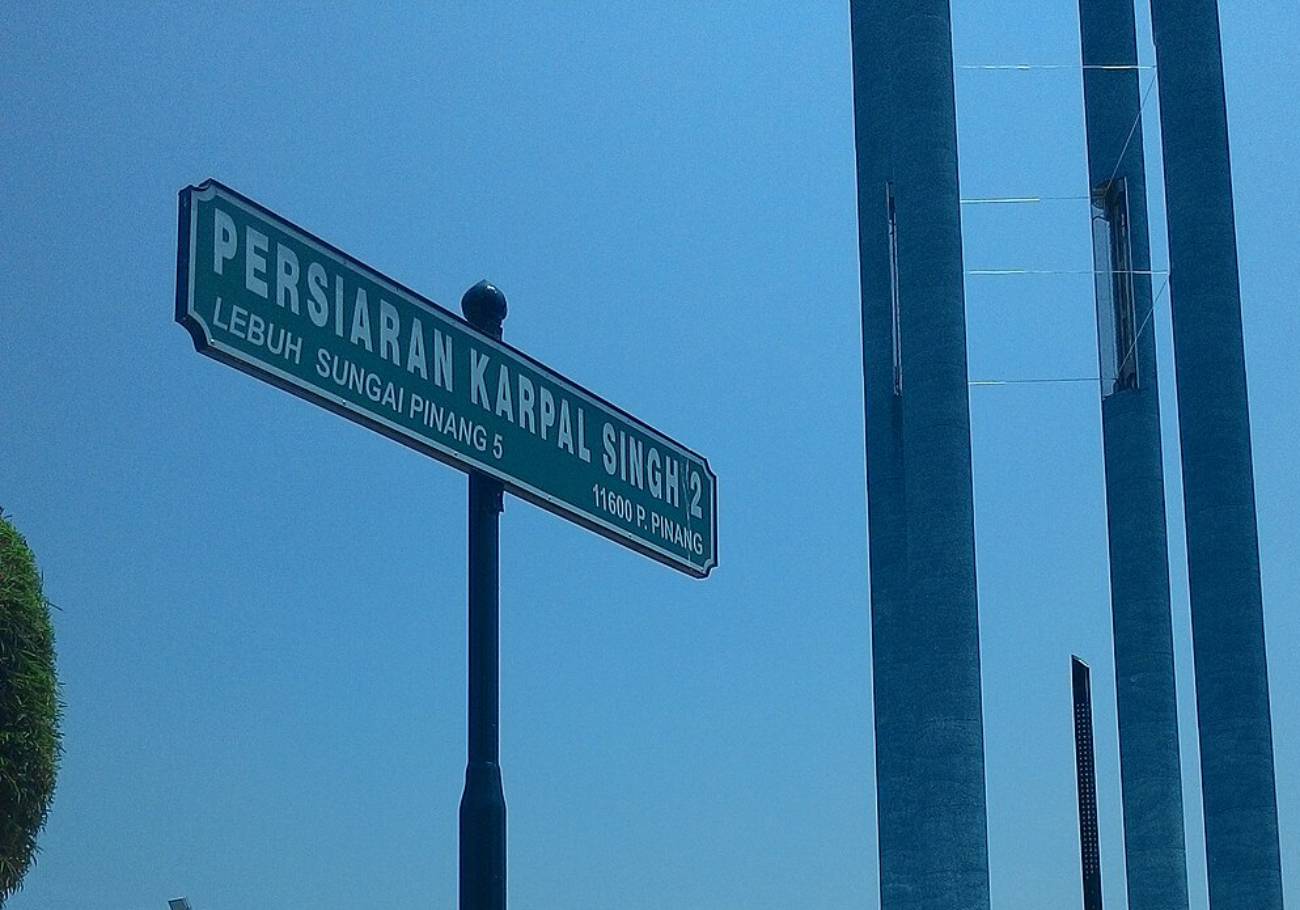
PLB Engineering Berhad’s Joint Development Agreement (JDA) with the Penang State Government and Penang Development Corporation (PDC) grants PLB 75% of the existing then 84-acre (now 90-acre) dumpsite and 70% of any additional reclaimed land in exchange for landfill rehabilitation.
* A subsequent MOU signed between PLB and CRECM (China Railway Engineering Corporation (M) Sdn Bhd), a unit of China state-owned China Railway Group, commits CRECM to fund and execute RM 1.01 billion of rehabilitation works, in return for 90% of PLB’s entitled land.
The committee warns of a “sell-out” perception, as CRECM, tied to China’s government, could control strategic coastal land. This risks Malaysia’s sovereignty and fuels criticism of the DAP-led government’s priorities, potentially undermining public trust in the Madani coalition.
The reclamation threatens the Middle Bank Marine Sanctuary, home to seagrass, mangroves, and endangered turtles.
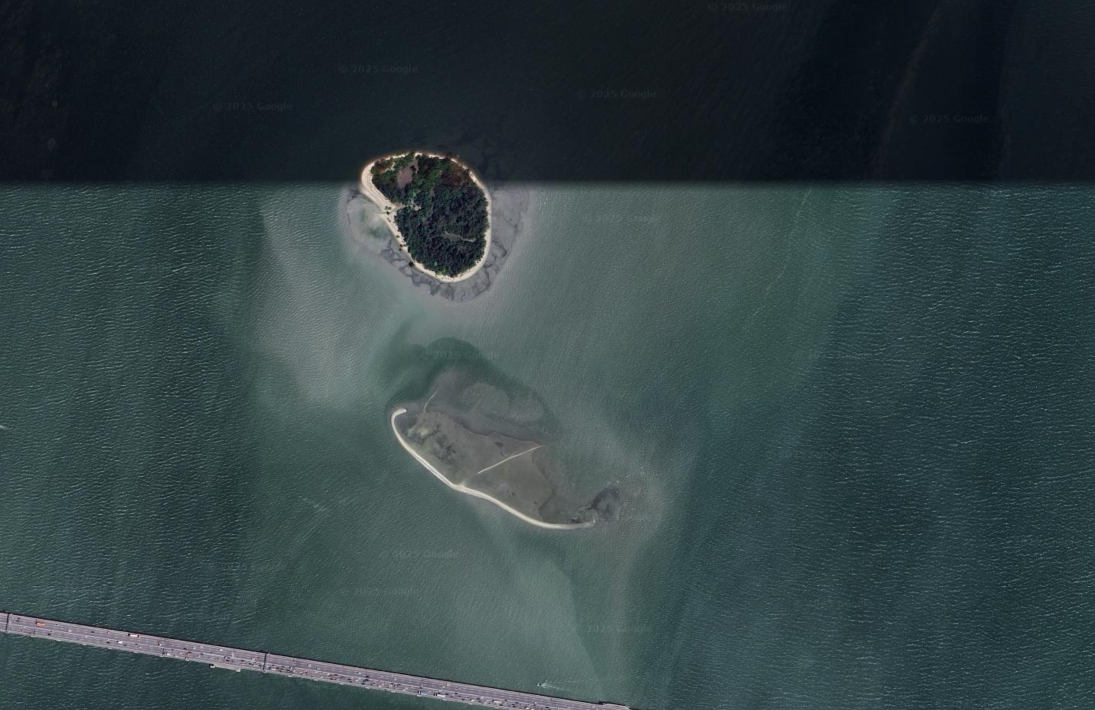
Excavating 11.3 million cubic metres of waste and depositing 5.2 million cubic metres of sand could smother habitats and pollute coastal waters, severing ecological links between Penang Island and the mainland.
Public health concerns loom large. Up to 20 recycling machines operating daily will release toxic emissions, including PM₂.₅ and methane, degrading air quality and risking respiratory illnesses. Noise levels exceeding 65 dB(A) daytime and 60 dB(A) nighttime will disrupt sleep and cognition for residents.
Schools like Wesley Methodist School Penang, near the site, face risks from dust and gases, yet the Environmental Impact Assessment (EIA) lacks a thorough health study for children, ProtectKarpal notes.
Jelutong’s community and environment at risk
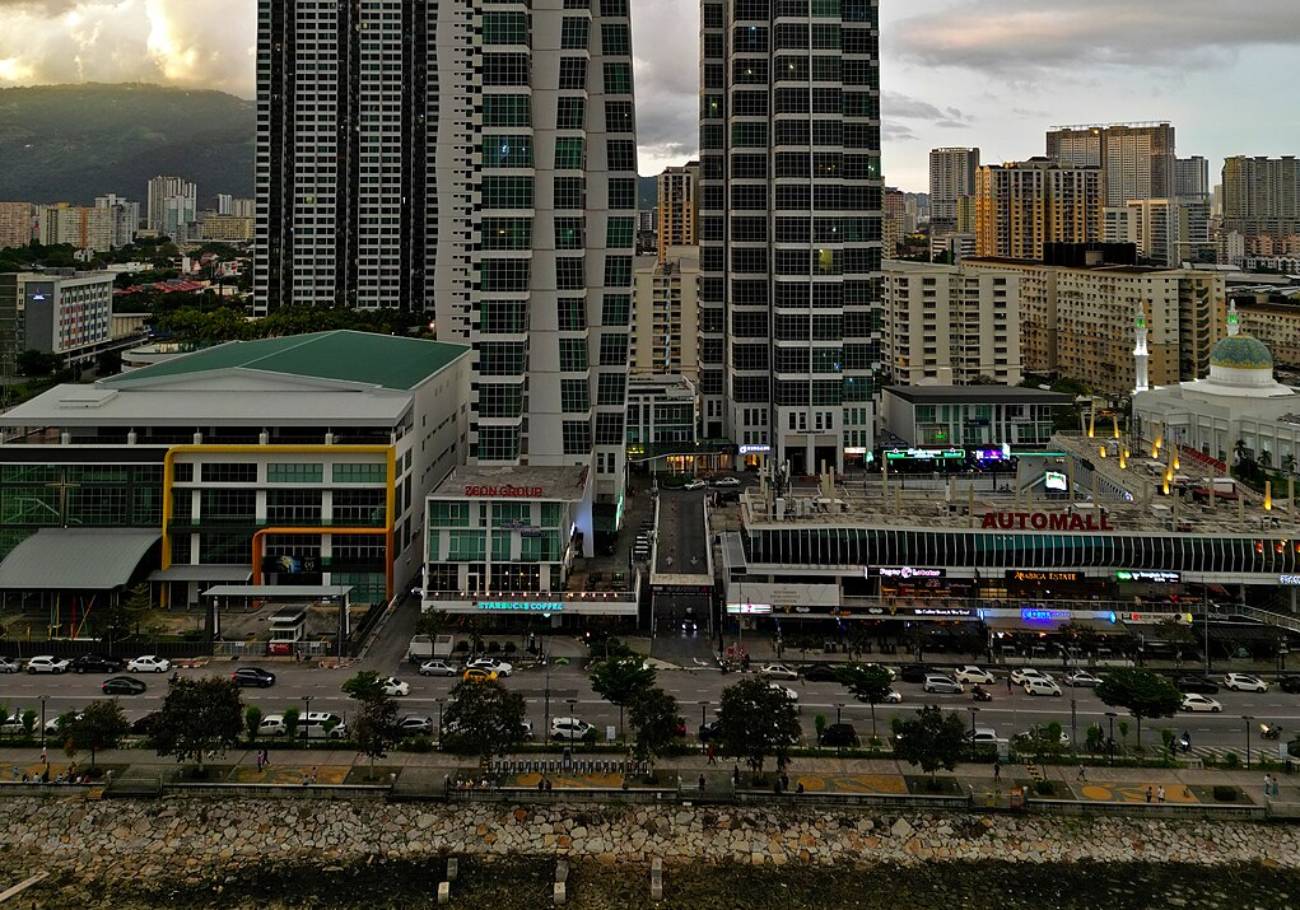
The 24-year project timeline, including four years of recycling and 20 years of development, threatens Karpal Singh Drive’s vibrancy.
Traffic gridlock, driven by an unrealistic 40% public transport assumption, will disrupt commutes and local businesses, diminishing the area’s appeal as a dining and recreational hub.
ProtectKarpal highlights a viable alternative: in-situ rehabilitation within the landfill’s 90 acres, using advanced methods like geomembrane capping and leachate treatment.
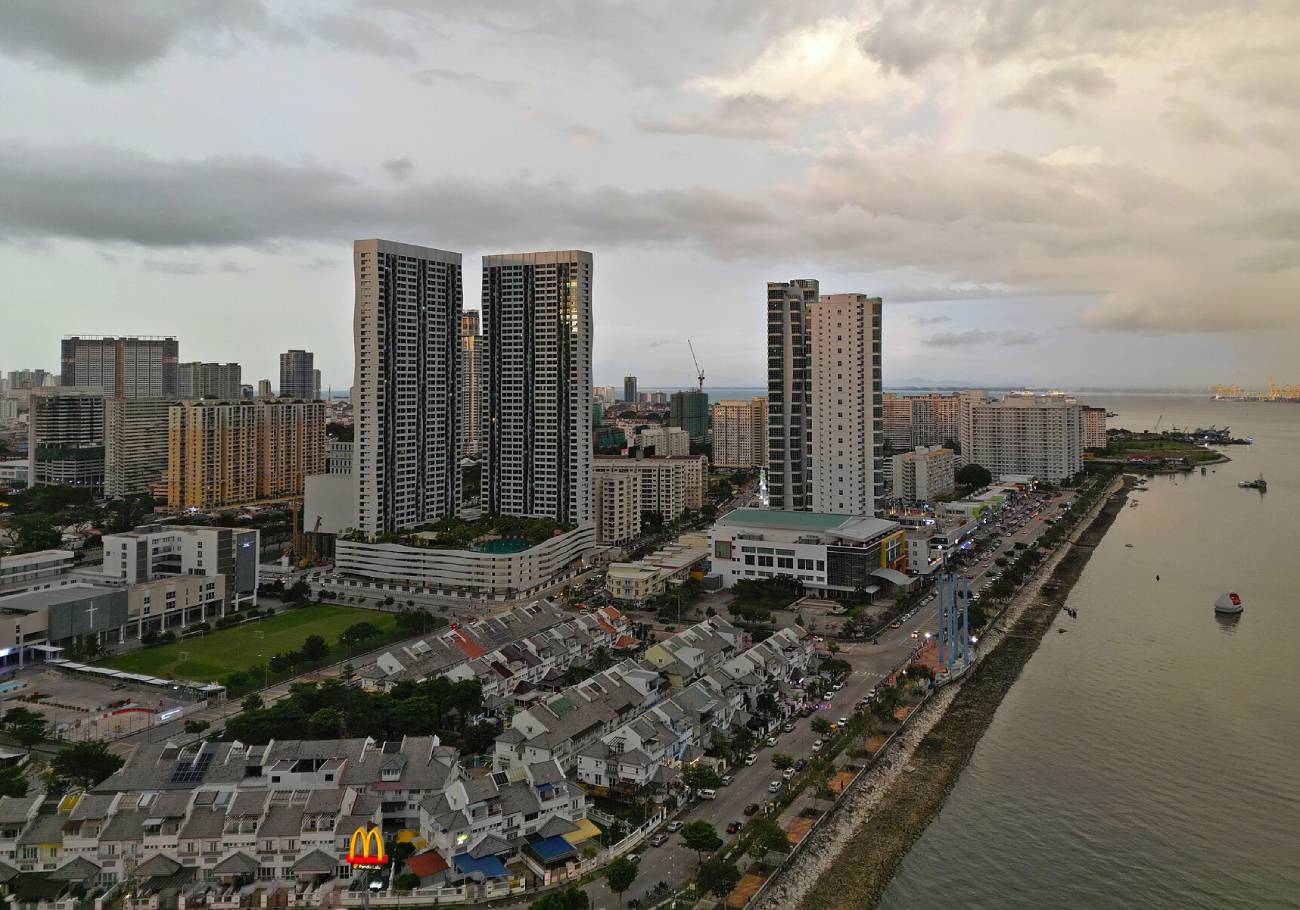
This five-to-ten-year approach avoids reclamation, minimising environmental and health risks while addressing pollution.
The involvement of CRECM raises national security concerns, as foreign control over coastal assets could weaken Malaysia’s strategic position. ProtectKarpal urges transparent consultation to ensure decisions reflect community and national interests.
ProtectKarpal demands the government reject the reclamation, mandate in-situ rehabilitation, and conduct an independent EIA review with experts in ecology and public health. Residents are encouraged to voice concerns through public forums and social media.
Jelutong’s future hinges on prioritising community health and environmental integrity. By safeguarding Karpal Singh Drive and rejecting foreign-led reclamation, Penang can preserve its coastal legacy for generations, ensuring a vibrant, sustainable community.
* Editor’s Note:
In our article, “Jelutong Reclamation Threatens Coastal Heritage,” published on 28 April 2025, we reported on the proposed 70-acre sea reclamation at Jelutong, referencing a memorandum of understanding (MOU) between PLB Engineering Berhad and China Railway Engineering Corporation (M) Sdn Bhd (CRECM).
The article stated: “PLB gains 75% of the 90-acre landfill and 70% of reclaimed land for rehabilitation work, with China Railway Engineering Corporation (CRECM) funding RM1.01 billion in exchange for 90% of PLB’s share.”
The Protect Karpal Singh Drive Action Committee (ProtectKarpal) has since clarified two points.
Firstly, under Malaysian practice, an MOU is a non-binding framework outlining preliminary intentions, pending formal contract negotiation. It does not create enforceable obligations or confirm any transfer of funds or land.
Secondly, the MOU specifies that CRECM would fund RM1.01 billion in rehabilitation works in exchange for 90% of PLB’s entitled land, not that PLB has secured specific acreage or that CRECM has acquired 90% of PLB’s share.
We acknowledge that the article’s wording may have suggested a finalised land reallocation, which is inaccurate at the MOU stage. The terms remain subject to final contract execution and have not yet materialised.
We regret any confusion caused and thank ProtectKarpal for their clarification. The article has been corrected.


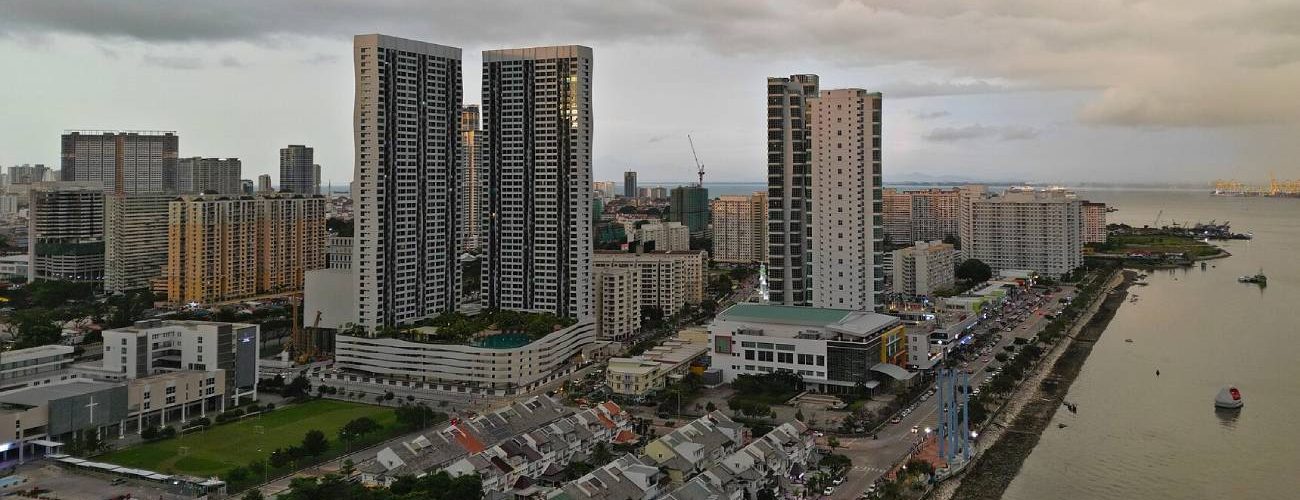









Add comment